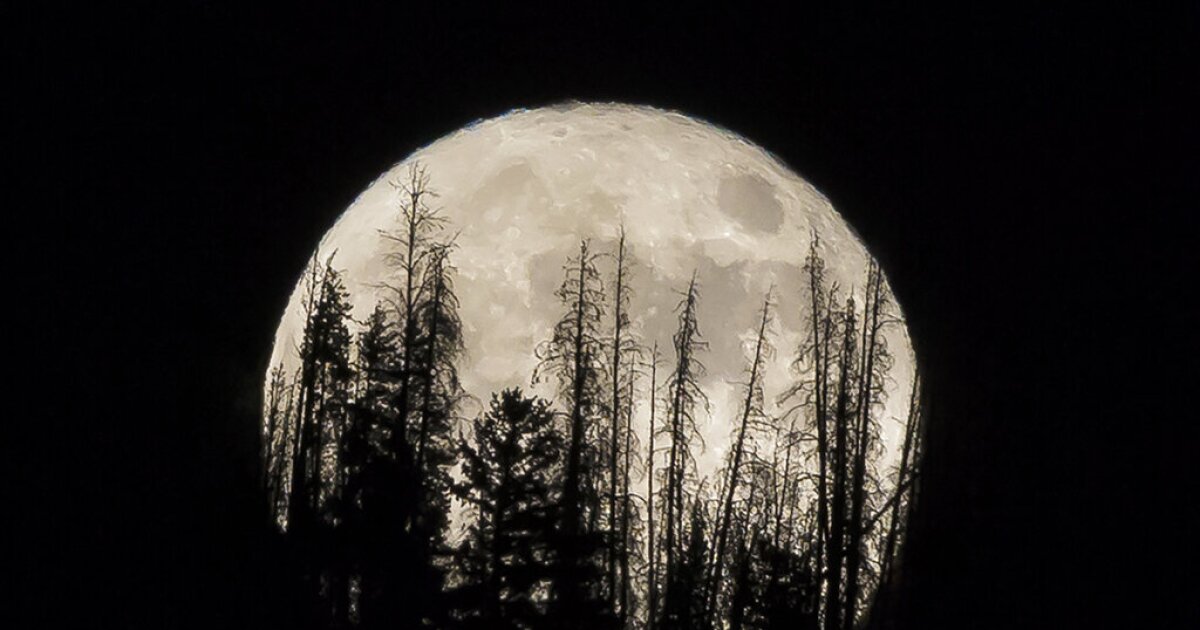

Two supermoons in August are set to appear starting Tuesday night.
Since the moon orbits the Earth in an ellipse, there are times of the year when it appears closest, which happens often in the moon’s 27-day journey. However, when the moon is at its closest, otherwise known as its perigee, and it is simultaneously a full moon, it’s known as a supermoon.
SOCIAL SECURITY UPDATE: CHECK WORTH UP TO $4,555 TO GO OUT TO MILLIONS IN 11 DAYS
On Tuesday night, the moon will be 226,000 miles, less than 30,000 closer than it is at its furthest point. The first supermoon of the year fell on the Fourth of July weekend.
“High tides and low tides will be more extreme with a perigean full moon and more so for an extreme perigean full moon,” NASA explained on its website. “The extremes are greater due to the difference in the gravitational pull of the Moon across Earth’s diameter.”
When two full moons happen within a month, as they will in August, the second full moon is known as a “blue moon.” Aug. 30 will be the only blue moon this year.
CLICK HERE TO READ MORE FROM THE WASHINGTON EXAMINER
The last time two supermoons graced one month was in 2018. A similar frequency won’t happen again until 20237.
One more supermoon is slated to shine this year on Sept. 29.





